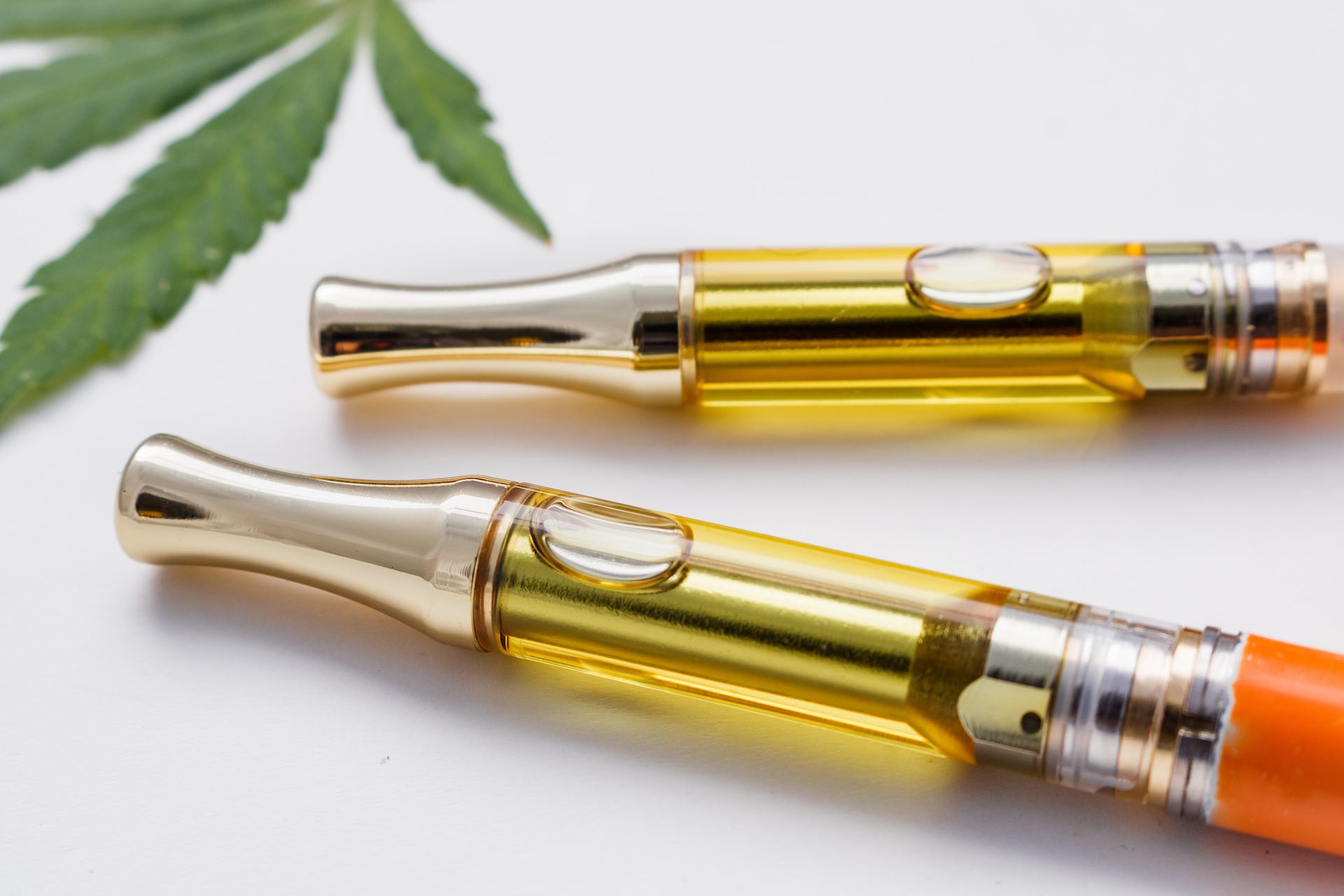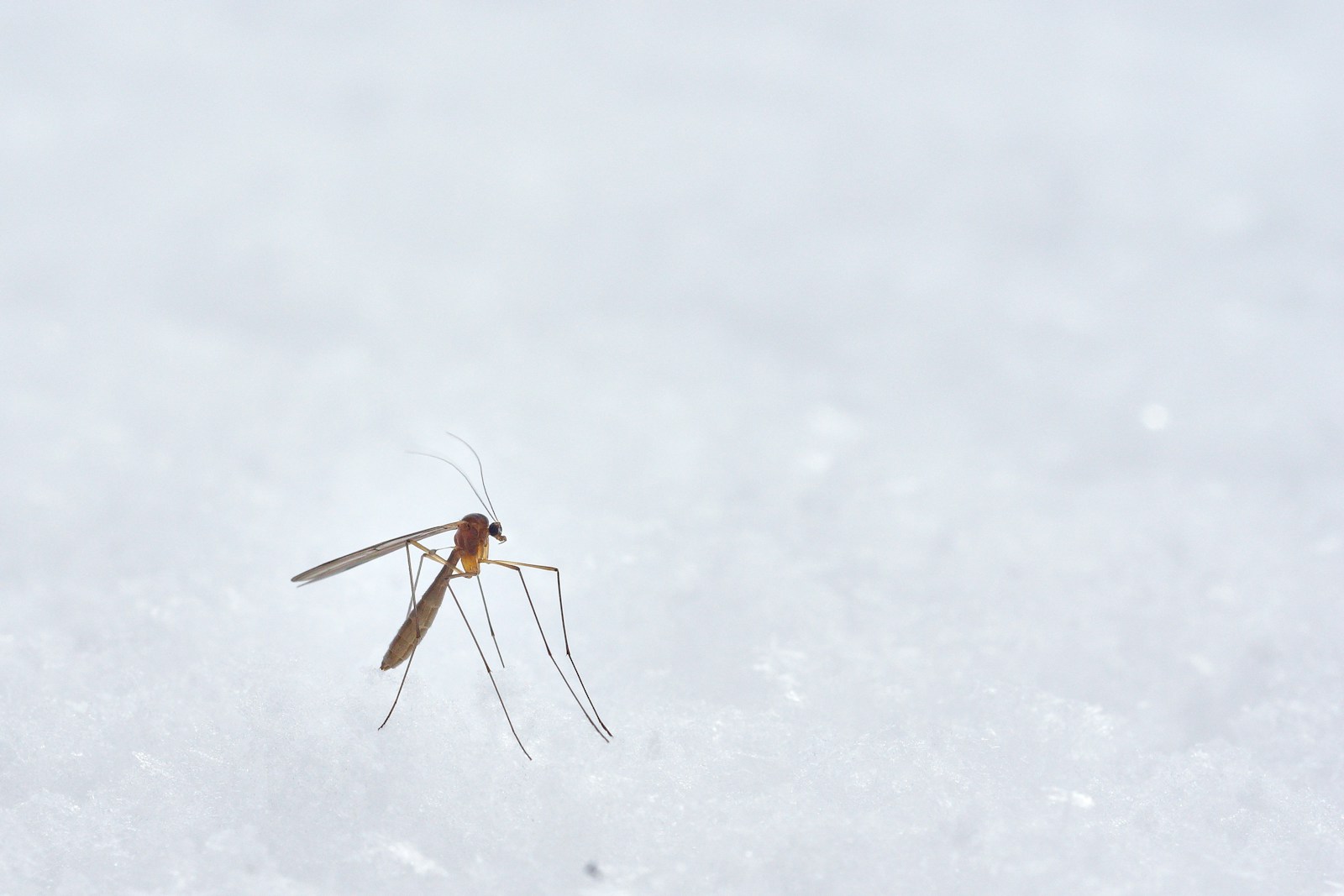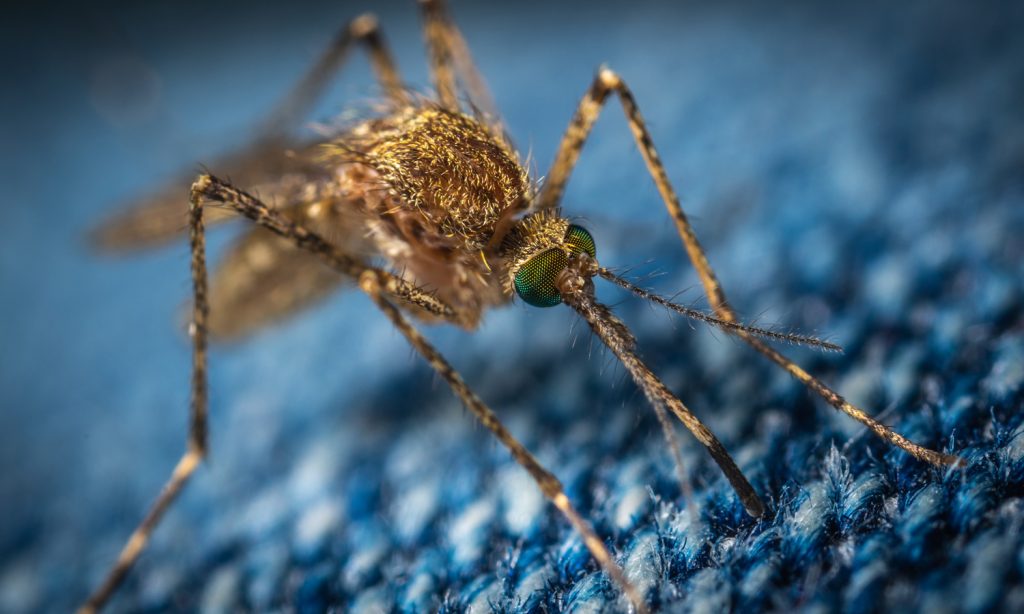Cannabis research can be a fickle beast. Decades of prohibition created a lot of red tape for researchers, so scientific knowledge of the plant is still in its infancy. Because cannabis hasn’t been studied extensively, research on it can yo-yo back and forth, and something proven one day can be disproven or reversed later on down the road, leaving cannabis consumers scratching their heads.
A recent example comes with two studies published in the past few months, which both claim that CBD does not reduce the psychoactive effects of THC, reversing a commonly held idea of one of CBD’s benefits.
To figure out what cannabis consumers can take away from this new info, let’s look at the history of research on this topic and what the new studies say.
What does past research on CBD and THC say?
Going back decades, a common belief has been that CBD can reduce the negative effects of THC—if you’re too high or don’t want to get too high, take a little CBD or consume a THC product that also has a little CBD to mellow out the high. Many studies have claimed this, and we’ve even reported on it here at Leafly.
The idea is that CBD molecules block receptors in the body’s endocannabinoid system, so that THC can’t fully activate those receptors, which lessens the feeling of being high.
Many older studies have made claims of CBD’s ability to dampen THC: As early as 1982, a study said that CBD can diminish paranoia and anxiety brought on by THC; and a study in 2010 said CBD and THC have opposite effects, and that CBD can reduce paranoia in THC.
Notably, a review from 2013 looked at nearly 1,300 studies from the previous few decades and concluded that, “The few studies that exist on the effects of CBD show that this cannabinoid can counteract some of the negative effects of THC.” However, the authors did emphasize that, “Their results have not always been consistent.” The study also said there were surprisingly few studies to date on the interactions between THC and the potentially protective effects of CBD.
Related
What is the endocannabinoid system and what is its role?
What do the recent studies on CBD and THC say?
Two studies published in the past few months disagree with the idea that CBD tempers THC. In a UK study from Nov. of last year, 46 participants vaped oil with various ratios of CBD to THC to determine CBD’s effects on THC. They tested products with CBD:THC ratios of 0:1, 1:1, 2:1, and 3:1, with 0mg, 10mg, 20mg, and 30mg of CBD, and found no difference in effects.
According to the study authors, “We found no evidence of CBD reducing the acute adverse effects of THC on cognition and mental health. Similarly, there was no evidence that it altered the subjective or pleasurable effects of THC.”
Another study from the UK earlier this month backs up this data. It looked at the effects of cannabis on teens vs. adults, and how THC and CBD affect both. Forty-eight participants, 24 teens and 24 adults, vaporized a product with 3:1 CBD to THC (24mg to 8mg) and a product with only THC, and found no difference in the subjective feel of effects in individuals.
The authors ultimately concluded that “Our results add further weight to the claim that doses of vaporized CBD, which are near to naturally occurring levels, do not mitigate the acute harms of THC.” As a side note, the study also found no differences in effects between teens and adults.
Related
CBD vs. THC: Why is CBD non-intoxicating?
How should consumers take this new info?
It is often assumed that products containing CBD are less potent or can reduce negative THC effects, but the findings from both studies suggest that CBD may not be a determining factor in the strength of a product. Consumers who buy products with CBD thinking they are getting “weed lite” or less potent products may be incorrect in their thinking.
But because cannabis research is still so young, it’s hard to know if these studies are the final word on the matter or just another bump in the road. There are still some caveats.
In the review from last Nov., the authors do note a previous study that shows CBD to lessen some of THC’s effects, but the participants in it were given exceptionally large doses of 600mg of CBD to 5mg of THC—a ratio of 120:1 CBD to THC! The authors concluded such a large amount of CBD is impractical to put in a commercial vape cartridge. So CBD may temper THC’s effects, but it may be that astronomical amounts of it are needed.
At the end of the day, it may be difficult to separate and clearly delineate these two compounds and their effects because of the entourage effect—or how all the compounds in the cannabis plant work together synergistically to create the feeling of being high, including cannabinoids, terpenes, and more. The sum is greater than the whole of the parts, so it might be hard to study the individual compounds separately.
Cannabis research is getting better as more states legalize, but there may not be a definitive answer to the interaction of CBD and THC yet. There is a growing body of research that sways toward the idea that CBD does not temper THC’s effects, so buyers should keep that in mind the next time they’re at the dispensary.
As always, we tell our readers that every person has a different body chemistry and will experience weed differently. You could get incredibly high or paranoid off of a hit or two from a joint, while your friend will barely feel a thing; a certain strain may make you fall asleep, while the same one will make your friend go out for a walk. It’s important to understand how your own body responds to weed.
CBD has shown tremendous potential in treating seizures and epilepsy conditions in children, however, CBD’s medicinal benefits beyond that, or its ability to tame THC’s intoxicating effects, are inconclusive to date.
By submitting this form, you will be subscribed to news and promotional emails from Leafly and you agree to Leafly’s Terms of Service and Privacy Policy. You can unsubscribe from Leafly email messages anytime.















































